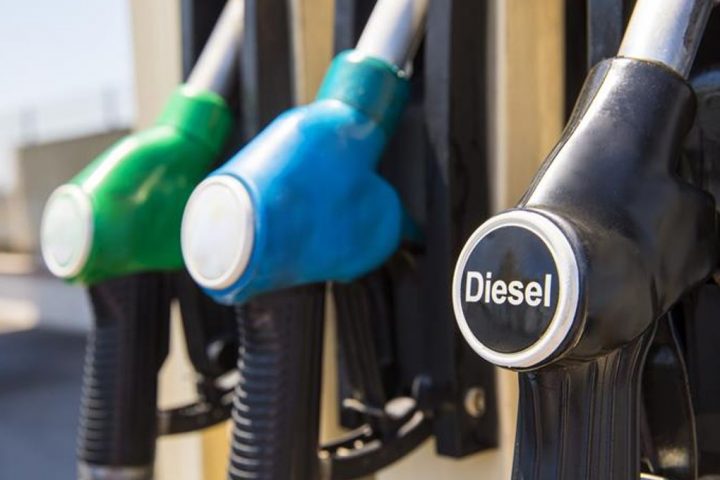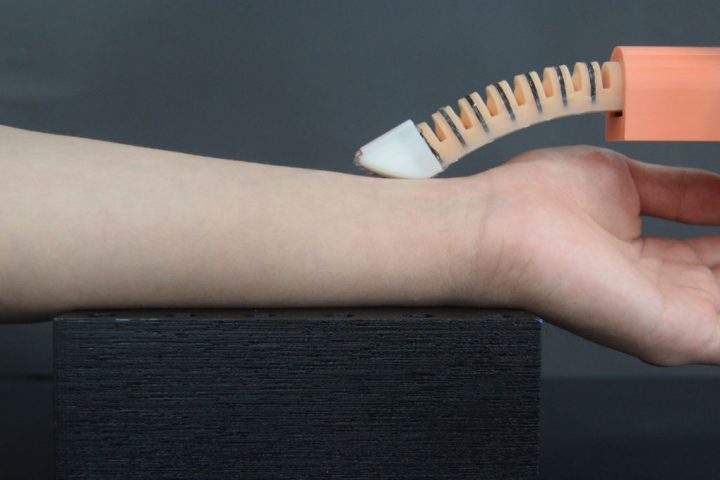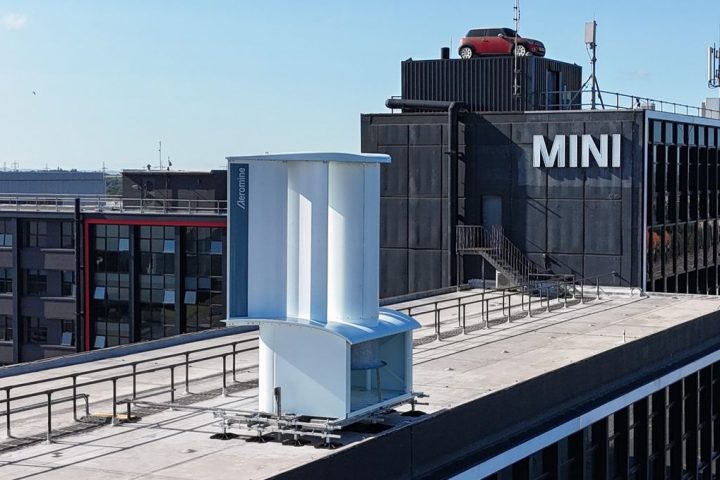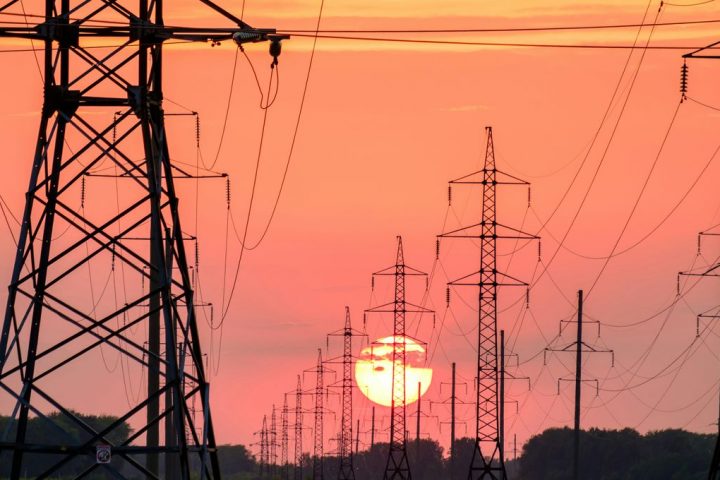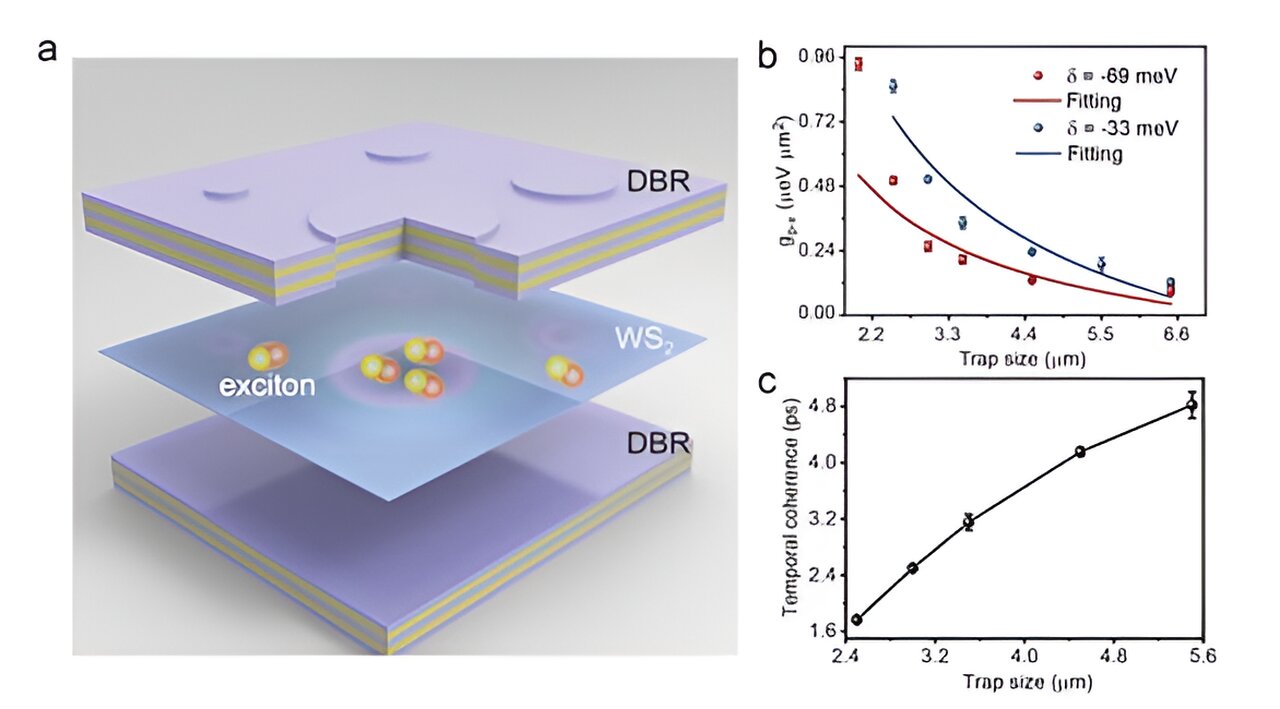Activated charcoal may seem like something you’d throw into an old steam locomotive, but it’s actually quite miraculous. Not only is it used in emergency medicine to absorb certain types of poisoning, but it’s also surprisingly effective at absorbing farts.
When you’re on a flight, the cabin is pressurized to ensure the safety and comfort of passengers and crew. The air inside the cabin is less dense than what we’re used to on the ground. According to One Monroe Aerospace, the pressure on the ground is around 6.4 kilograms per square inch (PSI), while at cruising altitude it’s only about 1.8 kilograms PSI.
To maintain a comfortable pressurized cabin, air is constantly being recycled, sometimes through a filter. High-Efficiency Particulate Air (HEPA) filters, which use charcoal, help remove airborne particles and improve the smell of the cabin, as reported by Stuff.
It’s comical but also crucial to have these filters, especially because being at a high altitude tends to make people fart more often. The gases trapped within your intestines expand as you ascend, just like a packet of crisps bulging out.
Science has come up with a solution for this issue. A paper titled “Flatulence On Airplanes: Just Let It Go” suggests embedding activated charcoal in seat cushions to neutralize the odor. This would prevent discomfort and social complications caused by holding back or releasing flatus on a plane.
So, textile artists, take note! And let’s not forget the funky patterns found on buses and trains, which also have an interesting origin story.

